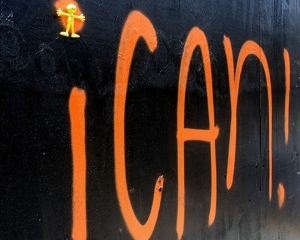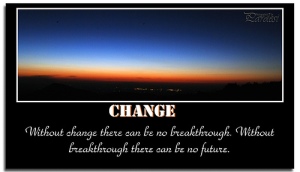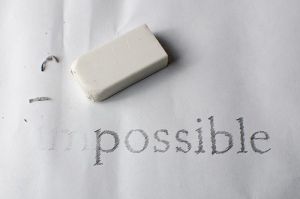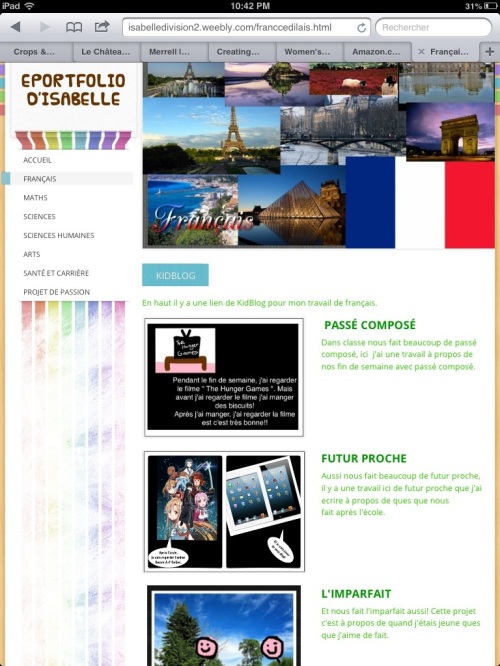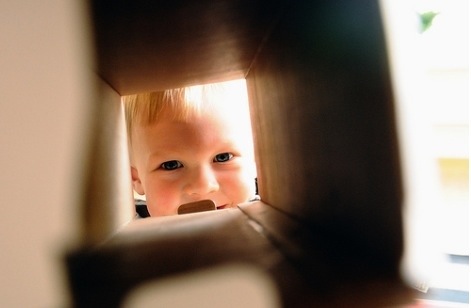For too long, Canadian history books have painted a euro-centric picture of colonization. For too long, we have ignored our collective history in favour of a charming perception of Canada as a kind, respectful, inclusive country where we protect human rights and freedoms. We have glossed over darkness and ignored the needs of those who have suffered. I feel fortunate to live now in this time of transition where we can all play a part in truth and reconciliation. BC’s redesigned curriculum is founded on the First People’s Principles of Learning, and yet there are so many questions for teachers to navigate…
What are the principles? Where can I learn more? How do I teach perspectives authentically and respectfully? Is it about tackling the tragic history of residential schools? Helping students see the value in not just tolerance, but acceptance and respect for diverse points of view? How do we address sensitive topics like religion and abuse (especially at the elementary level) while still being truthful?
The only thing of which I am convinced is that it is now about so much more than content.
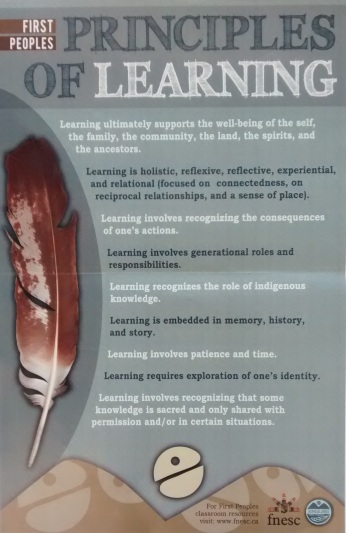
This year, I have made an attempt to learn more. I’ve attended workshops, read stories, and most recently, heard Wab Kinew speak about how the residential school system has impacted his family. First hand accounts of the inter-generational effects of disconnection and abuse have made me reflect on everything from anger to compassion and forgiveness.
Recognizing my own ignorance, I have a pile of books waiting to be read, including Wab’s The Reason You Walk, and I have made an attempt to involve my students in my learning journey this year. We have explored picture books and kid-friendly biographies about attending residential school, which were a beautiful way to introduce the topic.
We’ve also increased our emphasis on place-based learning. Through weekly nature walks, we try to learn from nature rather than simply bringing learning outdoors. So far, we’ve explored geometry, patterns, human impact, and physical education.
While I do believe these are steps in the right direction – my students are genuinely engaged in the history of residential schools and wanting to learn more – I don’t feel they are anywhere near enough. I know that I will never understand enough.
We can never make things right, but we can continue listening and seeking people’s truth. I only hope we can find the courage to admit our ignorance, acknowledge the tragedy of our collective past, and open our hearts to those who need to be heard. I am no expert, but I will continue seeking people’s truth, as I believe this is what will lead us to reconciliation.









